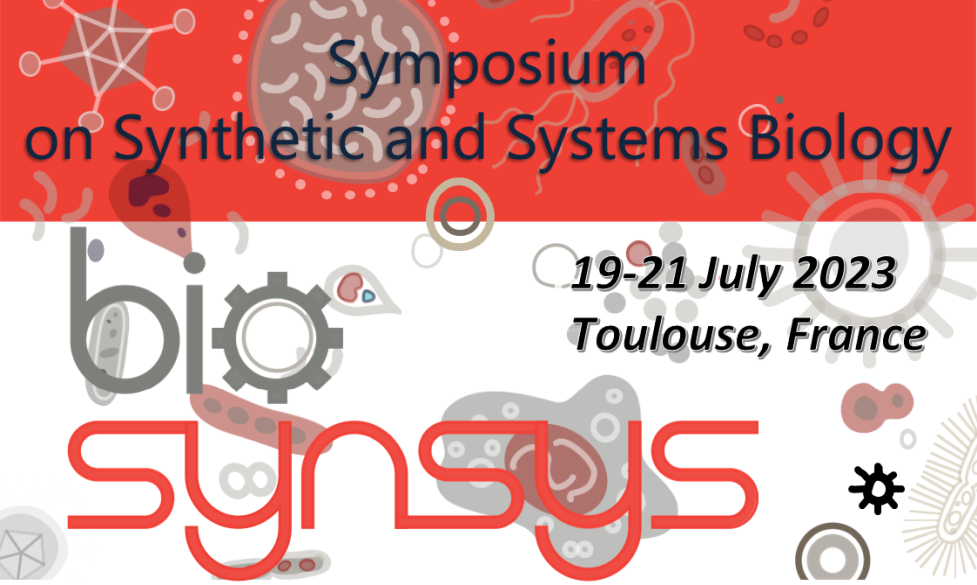DNA replication is an essential process for information continuity during (synthetic) cell proliferation, as well as for the emergence of biodiversity through Darwinian evolution. With the long-term goal to build an autonomously replicating synthetic cell in mind, we designed a minimal DNA replicator harboring viral genes that were expressed in vitro with a transcription-translation machinery called PURE system. We demonstrated that the DNA self-replicator is able to undergo adaptive evolution in liposome compartments and to self-improve after only a few rounds. Sequence analysis revealed a number of beneficial mutations that dominate the DNA pool. These results open new horizons for studying evolutionary processes at a molecular level. Moreover, they allow us to explore the co-evolution of multiple functions (e.g., phospholipid synthesis, cytokinesis) through self-improvement of the encoding DNA, a process that may lead to the emergence of synthetic life.

|
|
|
|
Molecular evolution of a synthetic DNA replicator
1 : TU Delft
2 : Toulouse Biotechnology Institute (TBI - INSA)
Toulouse Biotechnology Institute (TBI - INSA)
|
 PDF version
PDF version
